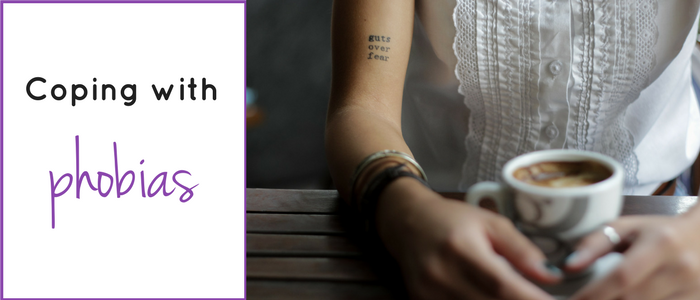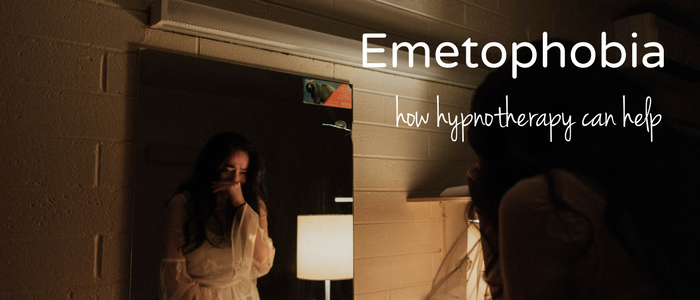
Unlike fears and general anxiety, phobias tend to be specific. There may be a certain object, animal or situation that brings you out in a cold sweat. Whatever it is, having a phobia can make everyday tasks more difficult.
For example, if you have a phobia of lifts, the idea of meeting someone for a business meeting on the 100th floor of a building suddenly feels impossible.
If you feel as though your phobia is holding you back, there are ways you can cope and professionals who can help.
Tell someone
No matter how silly or irrational you feel your phobia is, telling someone is the first step to overcoming it. This may be a friend or family member, or even your doctor. Let them know what the object/situation is and be honest about how it makes you feel. Having a strong support network is key.
Join a support group
Sometimes it can help to talk to others who share the same phobia. You may be able to swap resources, tips and generally offer an understanding ear.
Relaxation techniques
Phobias are anxiety related and therefore learning how to look after yourself and relax is beneficial. Consider relaxation techniques like deep breathing, meditation and gentle exercise.
How hypnotherapy can help
Often, we need the support of a professional to overcome phobias and hypnotherapy is a tool that many find useful. Below, hypnotherapist Anne-Marie Riley explains how hypnotherapy can help.
Any hypnotherapist will tell you that phobia work is one of the most rewarding tasks for the hypnotherapist as positive results are often seen in a short period of time. Your hypnotherapist will help you to understand how phobias are created and why you react and feel the way you do.
Most people who have a phobia can go to great lengths to avoid tackling the source and this can have a big impact on their everyday lives.
I once worked with a teacher who had a fear of vomiting (Emetophobia) and felt she had to leave the classroom every time a child said they felt unwell!
There comes a point, however, when we know that we cannot always avoid our fear and therefore many clients access the help of a hypnotherapist when they feel they want to ‘take back control’.
Your hypnotherapist may utilise a number of approaches which are designed to bring your fear under control. The hypnotherapy process brings about a deep state of relaxation which allows you to confront your fear gradually over a period of time whilst experiencing a calm and relaxed frame of mind.
Being able to face your fear either using your imagination or experiencing it first hand whilst remaining calm and in control is empowering and helps you to put the phobia into perspective. A good hypnotherapist will never spring surprises on you and will work gradually with you to build your confidence and resilience.
Systematic desensitisation is generally applied so that you might work through a hierarchy of fears relating to the phobia i.e. think about a spider, look at a photo of a spider, see a dead spider in an enclosed box, etc.
You may be also given homework which will help you to develop a sense of control. This might mean concentrating on the source of your phobia whilst practising self-hypnosis so that you become accustomed to confronting it whilst feeling relaxed and calm.
